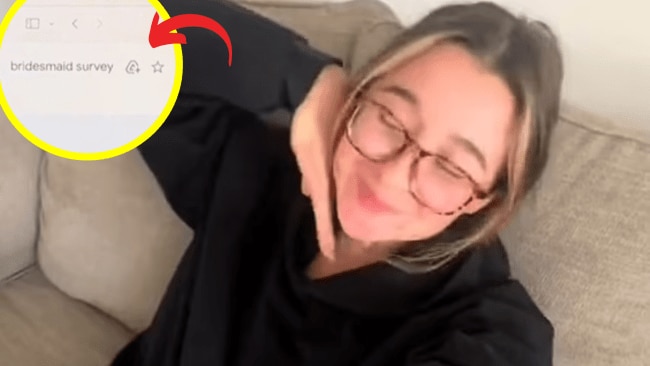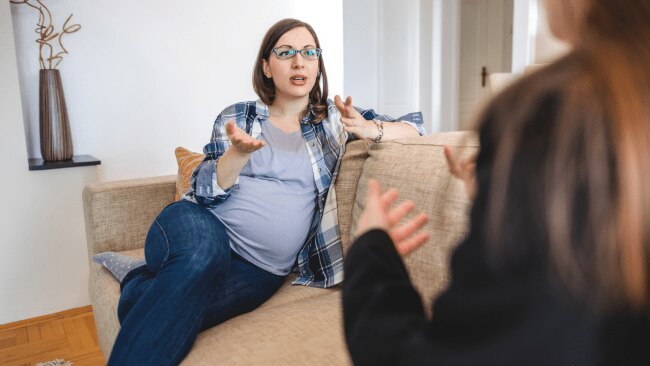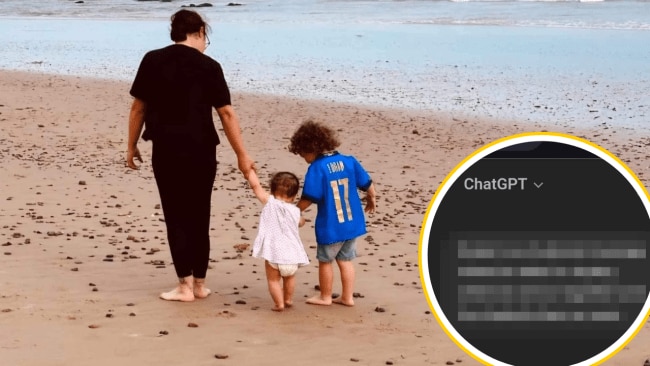I’m a child psychologist and this is the most damaging thing divorced parents do
Amanda Abel sees conflicting families on a daily basis and there are always two telltale signs that show her the child is struggling.
Sex Relationships
Don't miss out on the headlines from Sex Relationships. Followed categories will be added to My News.
In one of my very first roles as a psychologist, I was confronted with a valuable life lesson: be careful who you have kids with!
While a long time ago I clearly remember the intense discomfort I experienced watching this young child who had unwittingly become a pawn in his parent’s nasty divorce.
Years later, I certainly encounter many parents engaged in divorce and post-separation conflict - often lasting years and placing enormous amounts of stress on their children.
Enter the second valuable life lesson:
If you do end up having kids and needing to separate, put your own stuff aside and prioritise your children!
This is not in any way a finger-pointing exercise, nor a minimisation of the spiderweb of complexities involved in parental separation or divorce. I wholeheartedly believe that the majority of the parents I come across clinically have the best intentions and are doing the best they can with what they’ve got at the time during an incredibly challenging phase of life.
Rather, I’d like to highlight the rationale behind taking the ‘high road’ where safely possible, in a conflict-ridden separation.
Want to join the family? Sign up to our Kidspot newsletter for more stories like this.
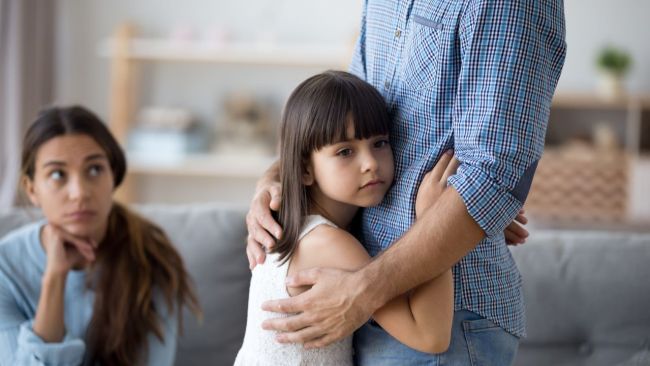
Divorce and separation can be very confusing for children
In the complex landscape of divorce and separation, children often find themselves caught in the confusing crossfire of their parents’ emotional struggles. As a psychologist, I’ve observed how the parental approach to this transition can so profoundly influence their children’s emotional wellbeing for better or in lots of cases for worse.
Yes, there are many gut-wrenching cases of parents behaving atrociously and the impact on their kids is immense. BUT… I’ve also been fortunate to witness numerous inspiring instances of successful co-parenting.
In fact, my own parents were (and still are) an example of the latter.
Now, whether parents are ‘together’ or separated/divorced, if there’s a lot of conflict, it negatively impacts the children. In these high-conflict situations the literature shows greater behavioural and mental health difficulties for the children.
RELATED: 10 common divorce myths debunked
Two of the big telltale signs I witness of a child being actively involved in this conflict are when they are being asked to:
- carry hostile messages between parents or
- to withhold information from one parent to protect the other
These children are more likely to be: angry, stressed, depressed or anxious. They’ll also probably have worse relationships with both parents than children who are not ‘used’ in this way.
These types of post-separation conflict clearly have the most harmful effects on children because parents are ‘using’ them to express their anger and hostility.
On the flipside, the encouraging news is that the most influential factor in affecting the wellbeing of children post-separation is the level of conflict they’re involved in.
The key lies in reducing conflict
Children who have experienced minimal conflict between their parents will have significantly less negative short- and long-term effects due to the divorce than the children of conflicting parentings.
While it is often incredibly challenging to communicate and relate to your ex in a positive way, prioritising your child’s developmental needs when making decisions post-separation is absolutely crucial in ensuring a positive outcome for them.
RELATED: How to support kids’ mental health through the year
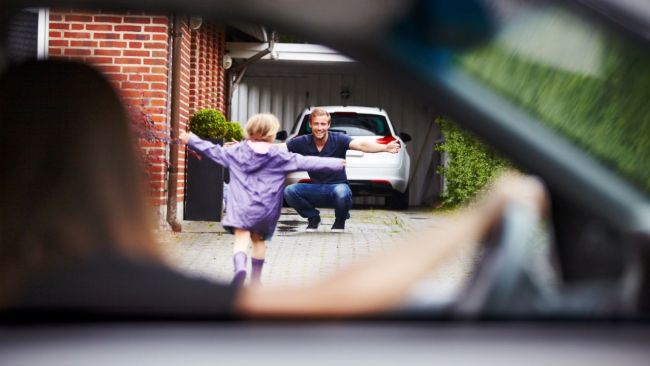
Some of the strategies listed below come directly from the Toddler Toolkit - an online parenting program for children 1-5 designed by Paediatrician Dr Golly and myself - while aimed at younger children in the program the advice is sound for any child in the cross hairs of divorce and separation no matter what the age - and will be helpful in assisting your child’s adjustment to separation:
- Minimise Loss: Children may feel a sense of responsibility for the parental separation, leading to anxiety. Stick to rules, consistency, and boundaries to keep your child feeling secure.
- Maximise Child-Parent Relationships: Prioritise your child's needs over custody arrangements that may not be developmentally appropriate. For younger children, frequent and short contact with the non-residing parent is essential for maintaining a positive relationship.
- Overnight Stays: Insisting on overnight stays before your child is ready for it, can undermine the parent-child relationship in the future, so it’s really not worth pushing it, particularly for younger toddlers or older children who are simply not ready. Be guided by your child's developmental needs and minimise disruption in the night time routine regardless of the home they’re sleeping in.
- Align on Parenting Style: Prioritise your child's developmental needs over your custody rights. Maintain stability, predictability, and clear routines across households.
We know that divorce is undoubtedly a challenging experience for both parents and children alike. However, by understanding your child's developmental needs and focusing on maintaining their well-being, you can help them navigate this difficult transition with resilience.
The goal is for your child's long-term happiness and emotional health to always take precedence over any conflicts between parents. By working together and prioritising your child’s needs, you can create a stable and loving environment that will support them through this challenging time.
Amanda Abel is a paediatric psychologist, mum, founder of Northern Centre for Child Development, and co-founder of the Toddler Toolkit. Amanda’s mission is for every child to achieve their best outcomes by equipping families and educators with the tools they need to help kids thrive.
More Coverage
Originally published as I’m a child psychologist and this is the most damaging thing divorced parents do




